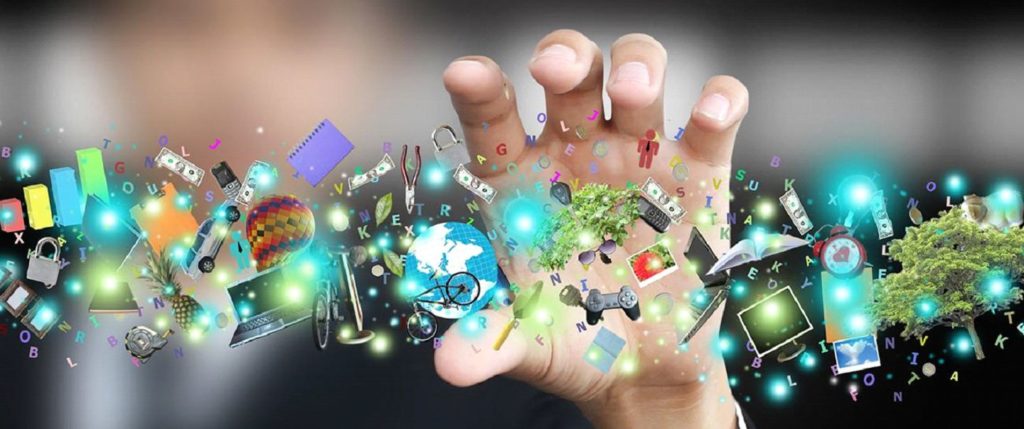By Sarah-Claire Jordan
 Technology is always evolving and changing, and translation technology is no exception. We have already seen quite a bit of what it could be in the future, thanks to the innovations of Google Translate, Skype, and other big name companies that have taken the time to invest in developing better machine translation and more. There is much more to come, however, and it is interesting to think about what it could be like.
Technology is always evolving and changing, and translation technology is no exception. We have already seen quite a bit of what it could be in the future, thanks to the innovations of Google Translate, Skype, and other big name companies that have taken the time to invest in developing better machine translation and more. There is much more to come, however, and it is interesting to think about what it could be like.
The technology itself might go beyond just very advanced machine translation engines, and include some kind of wearable technology, such as glasses, that would allow the user to “read” something in their native language. These same glasses might also project the images of the translated text directly onto the retina of the user. We have seen some glasses technology already, but this would incorporate automated translation as well.
In order for the automated machine translation to work even better, we might see technology that would allow us to literally upload our consciousness to the cloud, or at least some of our thought patterns, which would allow for translation engines to learn from our very brains. This is important because one of the things that still separates human translation from machine translation is the nuance and flexibility of human expression.
A machine can learn patterns and algorithms, and even correct itself and evolve from that, but can it ever learn to understand humor, emotion, and other innately human experiences? Perhaps we can get extremely close to creating AI that understands emotion and humor and uses that when translating something, but we will probably still need human translators to add that part, or correct that part. Much of the technology that develops in the future could be technology that helps human translators correct and edit machine translation engines. In fact, human translators might end up simply teaching machine translation engines, rather than translating themselves.
These huge advances in machine translation could lead to some very interesting innovations, such as programs or applications that integrate analytics and global marketing with linguistics to create marketing campaigns targeted at very specific groups. The ability to predict what a person wants could be present in a lot of this new technology, with translation being a part of it as well. For instance, a TV might be capable of almost reading someone’s mind and figuring out what they are in the mood to watch, but in hundreds of different languages.
Whatever happens in the future with translation technology, humans have no need to worry about being completely replaced. Technology always needs maintaining and updating, and it is highly unlikely that within the next few decades we figure out how to create technology that does everything a human can do. Even centuries from now, can you imagine a machine being able to render a translated version of an e.e. cummings poem and effectively capturing the exact feeling and style that the original poet used? Technology may be advancing at a startling rate, but it has nothing on humans when it comes to many things.




